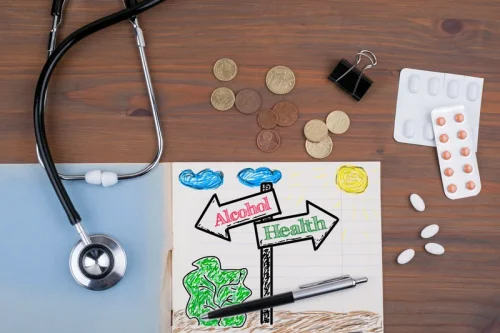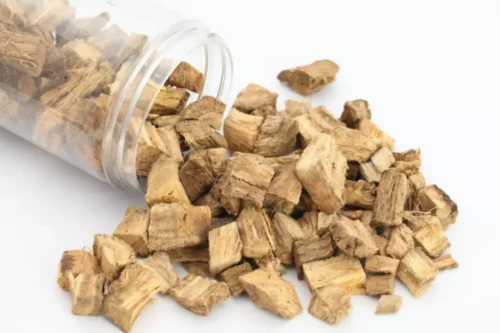
It should provide relatable advice on how to cope during the journey towards sobriety. The importance of social support and accountability in addiction recovery is paramount. Connecting with those going through similar experiences provides a sense of understanding, sharing your story in recovery belonging, and empathy, which is key for sobriety. Timing and emotional stability must be taken into consideration when opening up about one’s experiences. Support groups and sponsorships help individuals navigate the challenges of sharing stories.
DO Acknowledge Your Entire Support System
Addiction recovery is a deeply personal journey full of ups and downs. Someone in recovery may recall specific moments when they felt pride, regret, challenged, and a whirlwind of other emotions. They might remember days they felt alone and times they felt supported. Emotional burdens are likely to have played a hand in your addiction but people don’t need a minute by minute playbook of it all.

Storytelling Websites
After completing rehab, individuals must rebuild their lives. This includes creating a new support system, using healthy coping mechanisms, and making positive changes in areas like employment, relationships, and goals. Respect individual boundaries when sharing stories – some details may be too personal or triggering. Haas said his team of about 40 people spent 12 hours ensuring all their clients were back up and running. Though the day was intense and stressful, he said he was grateful that the issue was purely due to a bad update, and the fix was relatively easy.
When Should I Share My Recovery Story?
They teach valuable lessons and can motivate others on their own healing journey. It can help your own healing, and it can break the stigma of addiction and support those struggling. When sharing a personal recovery story, it’s important to think about timing and emotional stability. It’s best to share when feeling emotionally secure, to make sure the message is clear and effective. It can be helpful to get support from support groups or sponsors to learn how to talk about the story. Personal stories possess the emotional connection and attention-grabbing power that can spark meaningful actions and shape behaviors in addiction recovery.
How long does a sprained ankle take to heal?
Of course, those of us who look back at our lives in addiction and recovery will often recall that recovery was something of an uphill battle at first. That is why you should also remember when telling your story to note the very first time you took Step One. There is also a notable run of addiction in the LGBT community. More importantly, however, these are both examples of things that have molded your personality and experiences. So while you don’t need to go through every minute detail, you should still endeavor to hit the major points.
Providing Encouragement, Inspiration, and Support to Others in Recovery

Much as the first stretch of your story included the tale of your first encounter with drugs and alcohol, this stretch will include your sobriety date. You may even want to give your sobriety date when you very first begin telling your story, then recall it again when https://ecosoberhouse.com/ you get to it. It is also about the people who have supported you along the way. Be sure to acknowledge your entire support system in your story. This includes your family, friends, therapist, sponsor, 12-step group, and anyone else who has helped you on your journey.
- During this time, he developed two pilot addiction programs in the Greater West Tennessee area.
- You can express shame for some of the choices you made but with an understanding that your addiction had a hold on you when you made those choices.
- The stigma surrounding addiction can be a significant obstacle for those seeking help.
The Healing Power of Stories

Breaking the Stigma Surrounding Addiction and Mental Health
